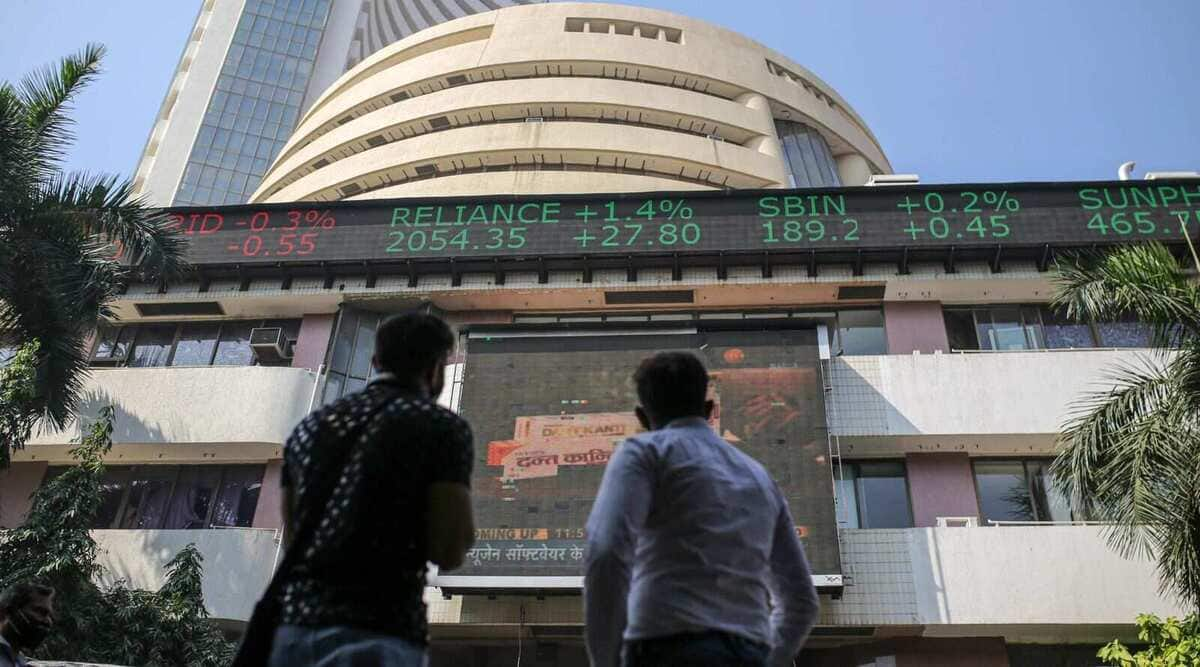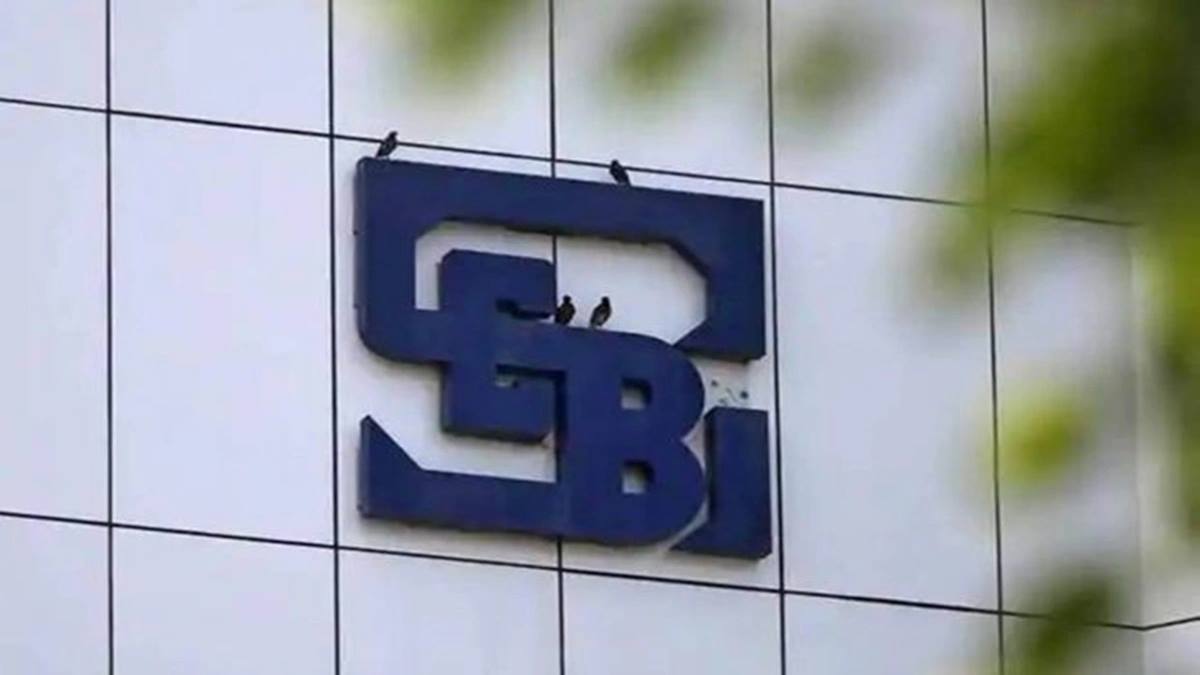The Securities and Exchange Board of India (Sebi) is framing new guidelines to monitor social media financial influencers who are giving stock advice and recommendations on various platforms, whole-time member SK Mohanty said on the sidelines of a CII conference on Corporate Frauds: Governance and Risk Management.
Currently, there isn’t any regulatory framework or guidelines for such influencers, giving them a free run to give recommendations without a proper licence.
Earlier, Mohanty drew attention to this during his speech that “nowadays, YouTubers and others are giving lectures on trading and ‘assured returns’ in so many days… which is attracting people to the market”. In his speech, Mohanty spoke on various issues around corporate governance in which he emphasised the fact that regulation was no remedy for frauds unless preventive measures are taken by companies. The vulnerability of companies to various kinds of risk are rising, he pointed out, along with the increasing span of corporate governance.
This is inevitable in the era of technology, he said, adding that the regulator has been updating itself constantly with the latest tech tools to tackle the rising challenge. He said that it is usually a “post-mortem” game once the event is over, urging companies to be armed with more tools to ensure that “the Chinese wall is strong”.
The skeletons of corporate fraud are tumbling every now and then in a manner that one tends to believe there are only two types of companies now — one that knows it has been breached, and one that has been breached but doesn’t know about it yet.
Highlighting that there are now more 100 million demat account holders, over Rs 2.3 trillion in equity raised via IPOs or rights issues, and that both the young and old are reposing faith in the securities market because of the regulations and transparency in place, he said “fraud is listing-agnostic”, which depends largely on the intent of founders and shareholders, even as investors, whistleblowers, and proxy advisory firms are getting more active.
Also Read: PSB stocks outperform private peers in CY22
Companies are also inflating their market capitalisation through false disclosures, he said, citing Ramalinga Raju’s Satyam scam.
Related-party transaction is the most prevalent modus operandi for frauds, he pointed out, highlighting the example of IL&FS and its subsidiaries. The regulator has now expanded the definition of related parties, stating that any transaction, the purpose of which will benefit related parties to the companies, will fall under the purview of related-party transactions. He added that the role of the audit committee has been made stronger.
Transparency is another area in which he expressed concern, citing the “bullying” of independent directors by promoters over directorial appointments, and that the regulator has had to, in the past, step in to prevent such appointments that circumvented the due process. Mohanty noted that such instances have caused an aversion to becoming independent directors.
Making a note of new-age companies with inflated valuations and the regulator being questioned for not keeping a check, he batted for these companies to go public with the key performance indicators (KPIs) they displayed while raising funds, and that such KPIs should be “verifiable and auditable”. He said independent directors, given their experience and achievements, should have a role to play in vouching for the valuations.
Speaking at the same event, Robin Banerjee, vice-chairman, CII Maharashtra Council, and president & CEO of Caprihans India, said “corporate governance is to produce goods and services of consistent quality at an appropriate price”.
He likened regulation such as the Companies Act to the traffic lights, saying self-regulation is a flawed concept, and businesses need to be regulated. Giving the example of the fall of FTX, Banerjee said it was the result of a lack of any governance principle in place. He added that the world loses $5 trillion to corporate frauds every year.


